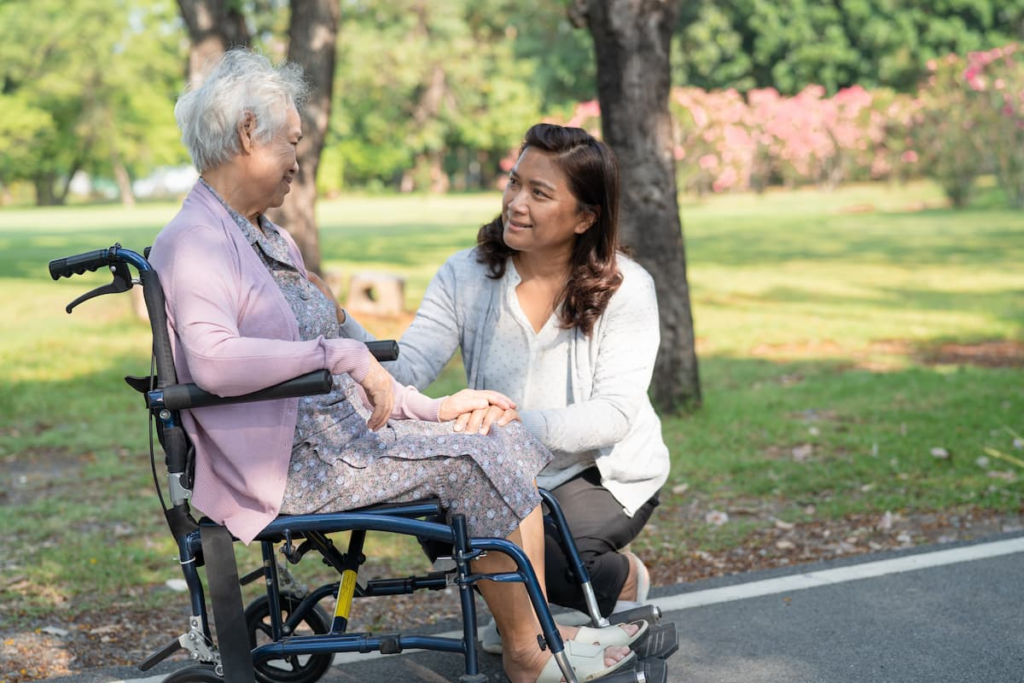Caring for individuals with dementia is a noble and challenging endeavor. This article delves into the world of dementia care, exploring the best practices, approaches, and resources available to support those affected by this condition and their families.
Understanding Dementia
Dementia is not a single disease but rather a broad term for a range of cognitive impairments that interfere with daily life. Alzheimer’s disease is one of the most common forms of dementia. Understanding the specific type of dementia a person has is crucial for tailoring care.
Person-Centered Care
A cornerstone of dementia care is a person-centered approach. This means recognizing the individuality of each person with dementia and tailoring care to their unique needs, preferences, and abilities. It fosters dignity and respect in caregiving.
Specialized Training
Caregivers in dementia care settings undergo specialized training to provide the highest quality of care. This training covers areas such as communication techniques, behavioral management, and understanding the progression of the disease.

Safe and Supportive Environment
Creating a safe and supportive environment is paramount in dementia care. This includes removing potential hazards, ensuring proper lighting, and utilizing cues to help individuals navigate their surroundings independently.
Effective Communication
Effective communication is a vital skill in dementia care. Caregivers use simple language, maintain eye contact, and provide ample time for individuals to process information. Non-verbal communication, such as body language and facial expressions, is also crucial.
Routine and Familiarity
Establishing a daily routine and maintaining familiarity in the person’s environment can provide comfort and reduce anxiety for those with dementia. Predictability can help individuals feel more secure.
Engaging Activities
Engaging activities tailored to the individual’s interests and abilities are essential. These activities can stimulate cognitive function, boost mood, and provide a sense of purpose.
Support for Families
Dementia doesn’t just affect the individual; it also has a profound impact on families and caregivers. Support groups, educational resources, and respite care services are available to help families navigate the challenges of caring for a loved one with dementia.
Medication Management
In some cases, medications may be prescribed to manage symptoms of dementia. Proper medication management, including monitoring for side effects and effectiveness, is an integral part of dementia care.
Quality of Life
Ultimately, the goal of dementia care is to enhance the quality of life for individuals with dementia. This involves not only addressing physical and cognitive needs but also providing emotional support and opportunities for meaningful connections.
Dementia care is a multidimensional and compassionate field that focuses on enhancing the lives of individuals affected by cognitive impairments. Through person-centered care, specialized training, and a holistic approach to well-being, caregivers aim to provide comfort, dignity, and support to those on their dementia journey. With ongoing research and a commitment to improving care practices, the future of dementia care holds promise for better outcomes and a higher quality of life for individuals and their families.
